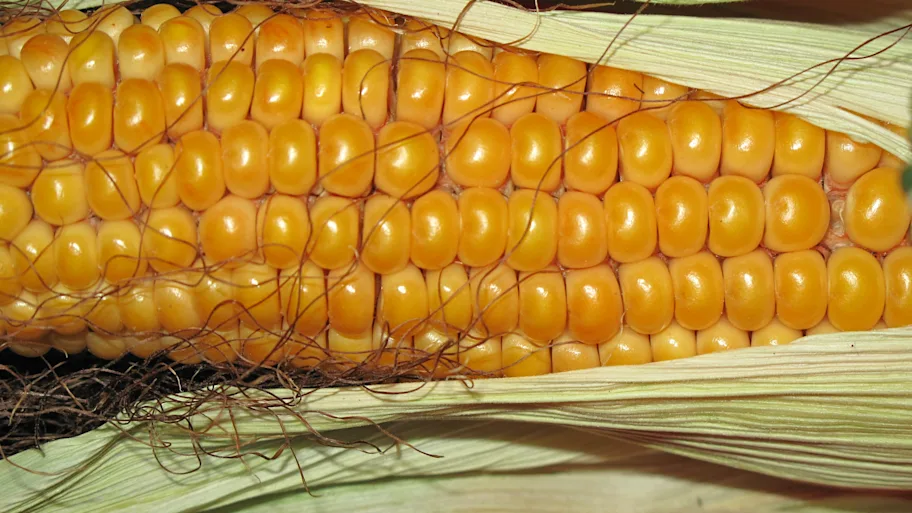
- Science news
- Frontiers news
- How do we feed future generations?
How do we feed future generations?
-- by Daniel Sidoli
The world’s population is expected to increase to 9.7 billion people by 2050 according to a United Nations report published in 2019.
Frontiers in Agronomy will complement our sister journal Frontiers in Plant Science (IF 4.106, CiteScore 4.47), by providing an open platform dedicated to the applications of fundamental plant sciences to find solutions for feeding our planet's growing population. The new journal brings together experts from academic, industry and policy spheres.
Discover Frontiers in Agronomy
"Maintaining and restoring soil health will ensure that we can produce food, fibre and fuel for future generations. We need to achieve this in the face of threats such as global climate change and an increased demand for food from a growing population," says Professor David Jones of the University of Bangor, Specialty Chief Editor of Plant-Soil Interactions, one of six specialties within the new journal.
Pests, disease and weeds
Dr Murray Isman, Dean Emeritus of the University of British Columbia, believes we cannot feed a growing global human population "by expanding arable land that is already in limited supply. We must therefore be more efficient in producing food on the current land base. Globally, an average of 30% of our crops are lost to pests, diseases and competition with weeds before harvest. In short, we are not winning 'the war against pests,' fresh approaches, tools and techniques are needed to provide safe and nutritious food to alleviate food insecurity."
Specialties dedicated to Pest Management, Disease Management and Weed Management will aim to "provide significant insight into how and why the newest tools and approaches work, or conversely, their limitations under field conditions," says Dr Isman.
Professor Monica Höfte, who leads Disease Management, agrees "our ambition is to publish high impact applied research in the field of plant disease management."
Methods and applications
Water and other food security issues are prominent in many parts of the world, therefore our specialty dedicated to Irrigation, led by Professor Rony Wallach of the Hebrew University of Jerusalem, and our specialty on Cropping Systems, led by Professor Marcello Donatelli, Director of the Research Centre for Agriculture and Environment in Italy will provide the forum to develop novel agronomic approaches to global problems.
Open Science is vital
Prof. Jones sums up "we cannot afford to duplicate research. It is therefore vital to ensure that our research is open access to maximize its impact and to allow the research community to move forwards more rapidly."
Frontiers in Agronomy includes six specialty sections headed by leading experts:
Plant-Soil Interactions, led by Prof. David Jones, University of Bangor
Pest Management, led by Dean Emeritus Murray Isman, University of British Columbia
Weed Management, led by A/Prof. Bhagirath Singh Chauhan, The University of Queensland
Disease Management, led by Prof. Monica Höfte, University of Ghent
Irrigation (coming soon), led by Prof. Rony Wallach, The Hebrew University of Jerusalem
Cropping Systems (coming soon), led by Prof. Marcello Donatelli, Research Centre for Agriculture and Environment, Italy.
Read the first article in Frontiers in Agronomy on the “Challenges of Pest Management in the 21st Century”.
Frontiers journals also consistently rank among the world’s most-cited in their fields and in the top Impact Factor and CiteScore percentiles. Discover more






